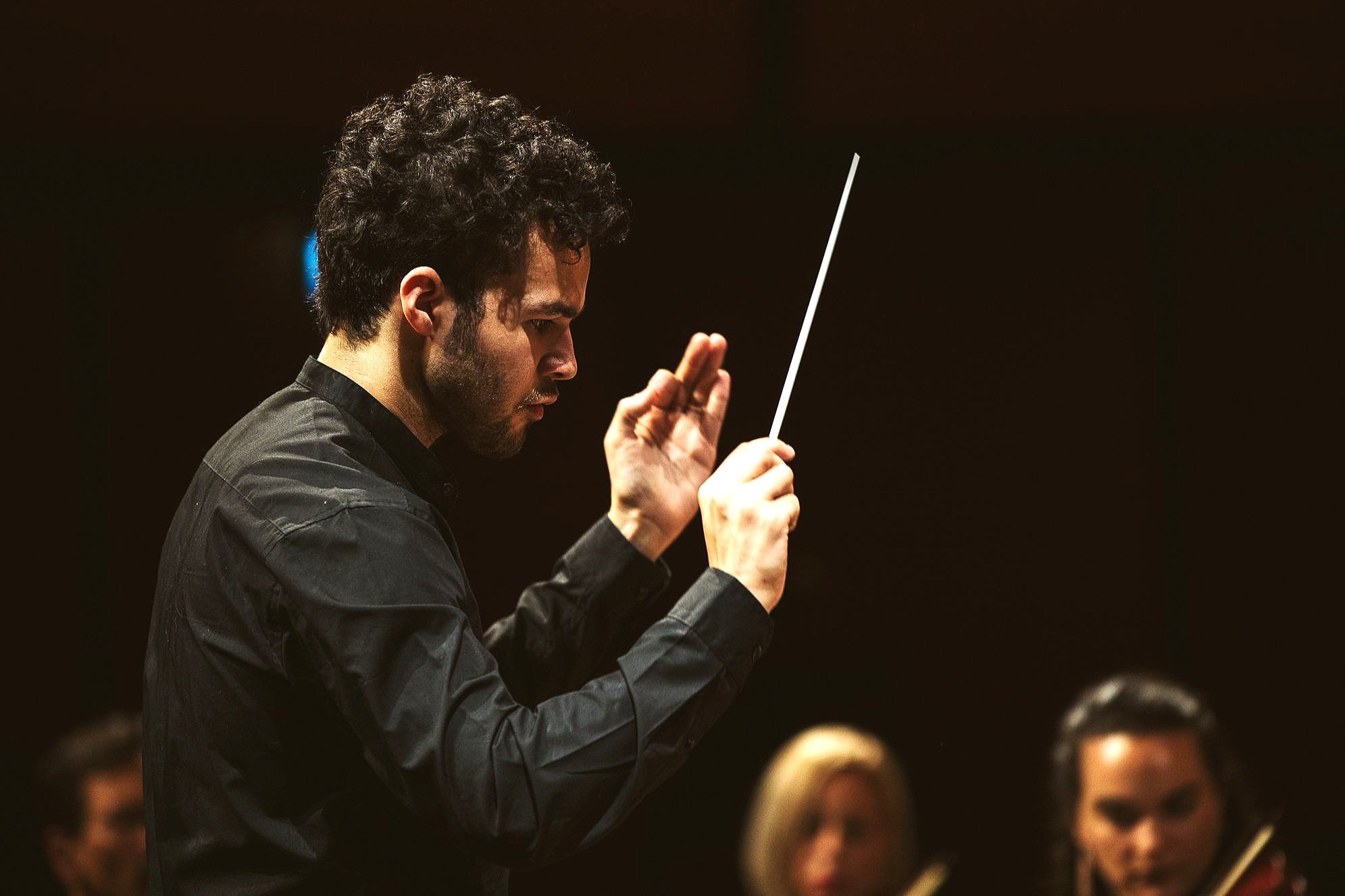Making lifelong memories at our third meet of the spring…
After kickstarting our spring Modulo meets in Birmingham and London, the Orchestras for All team took to the road once again to bring the charity’s powerful music-making programme to students in and around the city of Manchester.
Held at the Royal Northern College of Music, the third Modulo event of the season was attended by 83 young people from six maintained schools in the UK – including Hathershaw College, Bellerive, Bridgewater, Philips, St Patrick’s and Ullswater – and with bassoons, drum kits and electric guitars in the room, what a wonderful sound they all made.
With a revitalised push for more music in schools following the national plan for music education, the Modulo Programme exists to support teachers and community music leaders in setting up a small, inclusive ensemble of their own, before inviting participating students to team up with others from across the country to play together as one giant orchestra.
From soothing warmups with our Artistic Director, Emma, and a friendly greeting from Ambassador and former National Orchestra for All member, Haseeb, to an energising orchestral rendition of of an 80s pop classic, our Modulo meet in Manchester was surely a day to remember. Scroll down for a few of the highlights!
On behalf of everyone at Orchestras for All, we would like to thank our funders, Arts Council England, the Department for Education, 29th May 1961 Charitable Trust and the Rayne Foundation, and each of our individual donors, charity volunteers and loyal supporters who help make the Modulo Programme possible.
Keen to support a young musician on the Modulo Programme? Please donate today:














































